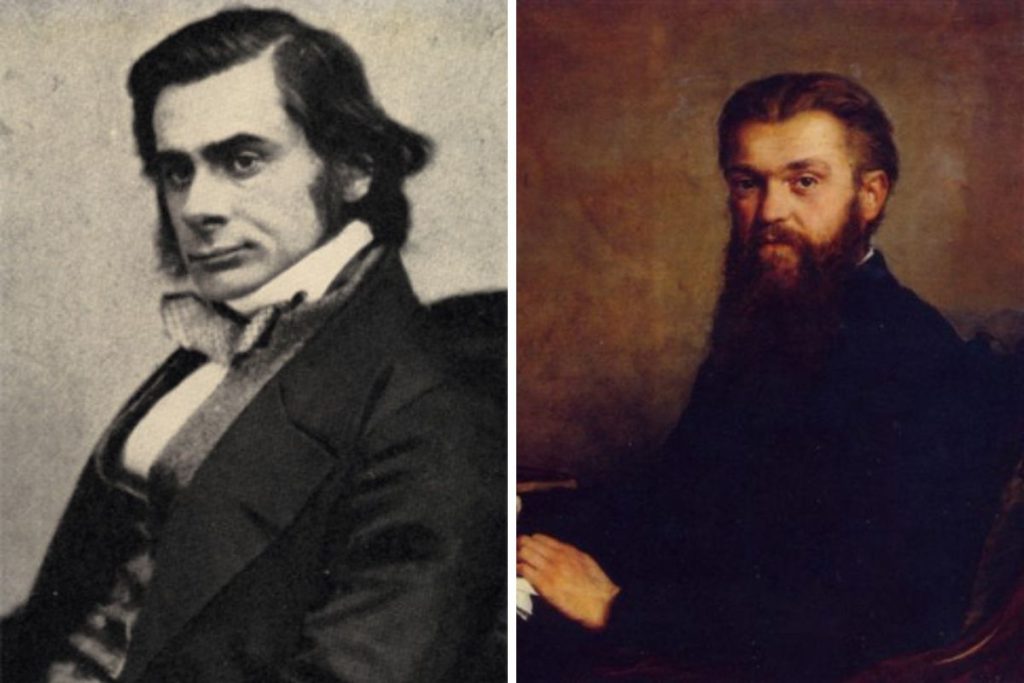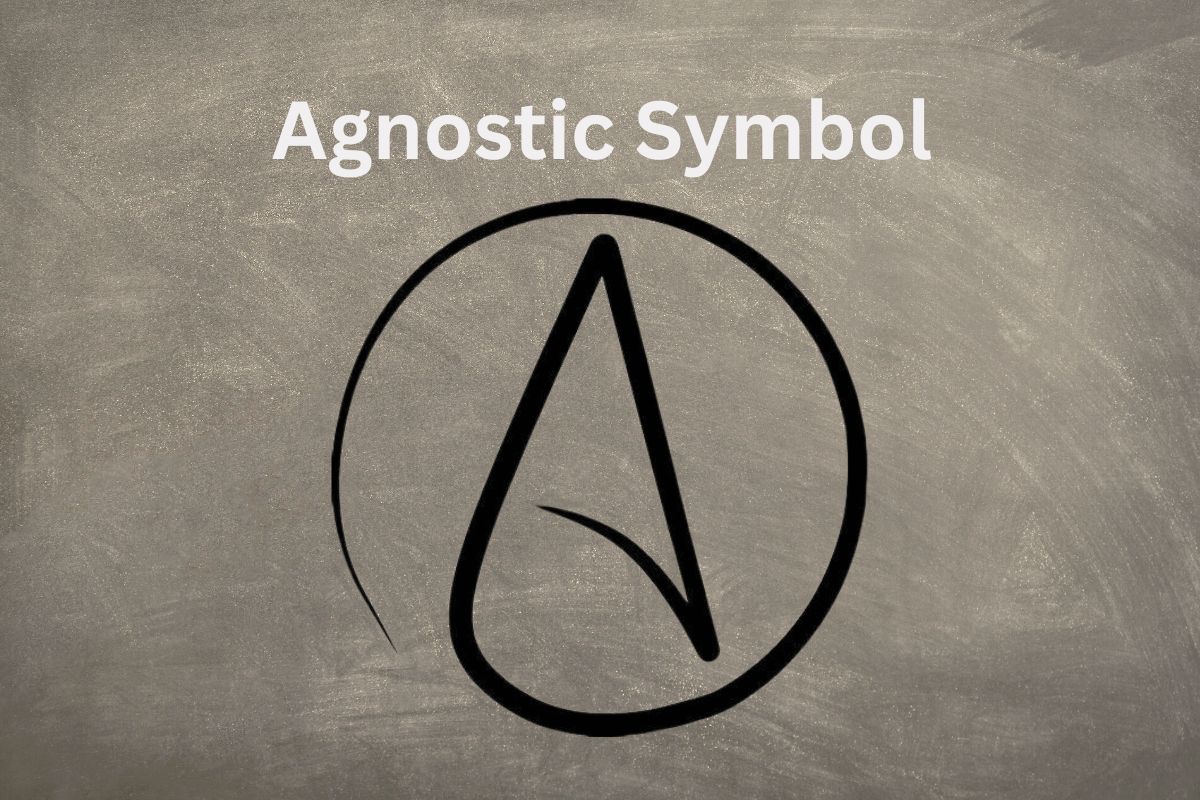Agnosticism is a doctrine that the absolute truth about the existence of the supernatural is not known. The term implies that the nonexistence or existence of God or gods is not certain. It comes from the Greek word agnōstos, meaning the unknowable. There is no common or defined symbol for agnosticism, but a large uppercase A surrounded by a nearly-closed circle is often used to represent agnosticism.
What does an Agnostic believe?
The term agnosticism was coined by T.H. Huxley in 1869. He was a British biologist and a promoter of Darwin’s theory of evolution. He said that agnosticism is the opposite of Gnostic of the Church and its knowledge of history.
Based on Huxley’s definition, agnosticism is the concept of not knowing things from religious doctrines or being ignorant of the theories and stories spread by the Church.
Huxley insisted that agnosticism is not a creed but a method where a person follows reason to the point it takes them and then admits that their knowledge ends there. W.K. Clifford said it is wrong to believe anything without sufficient evidence.

Agnosticism vs. Atheism
There is a difference between agnosticism and atheism. An agnostic says: I don’t know about god, while an atheist declares that there is no god. However, this distinction is confusing and misleading, as agnosticism practically serves the same purpose as atheism.
Miguel Farias, a professor of Psychology and the head of Brain (Belief and Behaviour Group at Coventry University in England), explains the issues with the modern-day approach to atheism and agnosticism.
He says that the concepts have been considered from the lens of Protestant Christianity. He emphasizes the need to look at all things atheists and agnostics believe to determine the actual definitions.
It’s also important to consider the primary distinction between the Abrahamic view of a god and the non-Abrahamic view of god(s). Even secularism as we know it today comes from the Church being tolerant of the Protestant faith, thus limiting the scope of religious agnosticism to a Christian lens.
Does an Agnostic Believe in Jesus Christ?
Typically, an agnostic doesn’t believe in Jesus as God. They believe that Jesus existed but don’t attribute any godly or supernatural aspects to him. They consider him a part of history and a philosopher from Roman times who would have been persecuted for trying to question the rulers.
Agnosticism is not a new concept, even though Huxley coined the term in the mid-19th century. The concept of agnosticism can be traced back to the 5th century when some philosophers in Greece and India questioned the existing stories about human origins, life after death, and god.

Is There a Symbol for Agnosticism?
There is no official symbol for agnosticism. Some agnostics use the atheist sign, which is an uppercase letter A surrounded by a circle, to symbolize agnosticism. The US government uses a stylized atom, another atheist symbol, on the graves of atheists and agnostics from the military. Some atheists use a scarlet A to identify themselves as people with no religion.
A few people have proposed the use of a question mark as a symbol of agnosticism. Some suggest that the question mark should be placed in brackets [?]. Others say that using a symbol or relying on symbolism blurs the lines between being an agnostic and atheist. Either way, there’s no recognized symbol for agnosticism.
Who are Some Famous Agnostics?
Several famous agnostics challenged the beliefs and dogmas shared by the Church. A few of them are:
John Bardeen: He won two Nobel prizes for Physics and was an agnostic all through his life.
Marie Curie: She won two Nobel prizes (one in Physics and another in Chemistry). She was the only woman to win a double Nobel Prize and was an agnostic from the early days of her life.
Albert Einstein: A theoretical physicist and a Nobel Prize winner in Physics, he had been an agnostic.
Charles Darwin: The man who developed the famous theory of evolution described himself as an agnostic even though he was a member of the Anglican Church and continued to attend the services.
Many others, like Sir J.C Bose, Edwin Hubble, Rosalind Franklin, Eugene Wigner, etc., were agnostics and believed in a scientific approach instead of a spiritual or religious approach to life.
If you’ve enjoyed this article, check out this post on the historic symbolism of the laurel wreath.

